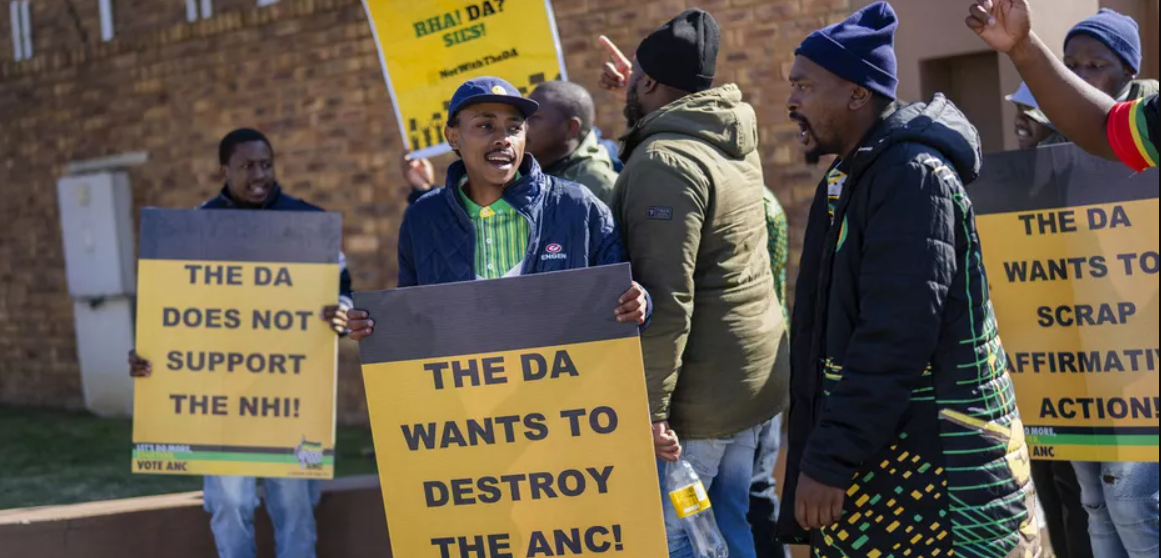The recent elections in South Africa have created a complicated political climate, and now the country’s parliament is preparing to elect a president, marking a critical juncture. Whether Cyril Ramaphosa is able to obtain a second term as head of state is dependent on the result of complex coalition discussions.
After losing its long-standing majority, the African National Congress (ANC), which had been dominating since apartheid ended, now faces a new reality. As a result of this defeat, the ANC began long negotiations with other parties to establish a coalition, which is essential for governing in the present politically fractured climate.
Several obstacles stand in the way of the ANC’s goal of re-electing Ramaphosa. The ANC does not have the parliamentary majority necessary to guarantee Ramaphosa’s easy re-election despite the fact that he is still a popular candidate. In order to increase its numbers and get enough support in parliament, the party is now in talks with possible coalition partners.
Among these allies, the Inkatha Freedom Party (IFP) stands out as a potential ANC partner in a so-called “national unity government.” To get to the necessary legislative threshold, the IFP’s backing is considered as vital, even though they only have a small number of MPs. But the Democratic Alliance (DA), which has more seats than any other party except the ANC, is still very important. Terms and conditions are still being negotiated as we await the DA’s decision on coalition involvement.
The idea of a coalition between the ANC, the DA, and the IFP is a radical break from the past, considering the long history of animosity between the two parties. Confronted with internal opposition within the ANC to forge an alliance with its long-standing rival, bridging ideological and historical divides to rule together is no easy feat.
The Economic Freedom Fighters (EFF) and the MK party, which was led by former president Jacob Zuma, are two prominent parties that have chosen not to participate in coalition discussions. They have stated that they have ideological differences or opposing views. Their choice exemplifies the complicated political climate and the difficulty of reaching widespread agreement.
As an entire, the election procedure adheres to a predetermined timeline. The president will be chosen by a meeting of the members of parliament (MPs) chosen by the people. In order to secure Ramaphosa’s re-election, the ANC must ensure that there is sufficient attendance and support throughout the parliamentary session. In order to hold a vote, a quorum of one-third of the members of parliament must be present, as stated in the constitution.
What happens in these discussions will determine the political course that South Africa takes in the years to come. The coalition dynamics will define the government structure and policy direction for the nation’s next term, with 18 political parties represented in parliament ranging from large actors like the ANC and DA to smaller parties with only one seat.
Finally, as it goes through coalition talks and gets ready for the presidential election, South Africa is at a crossroads. Not only will the results decide who leads, but they will also establish a precedent for the level of political stability and efficiency of governance in the most industrialized economy in Africa. All eyes are on Cape Town, where the fate of South African politics is up for grabs, as parties involved complete deals and parliamentary processes get underway.


















